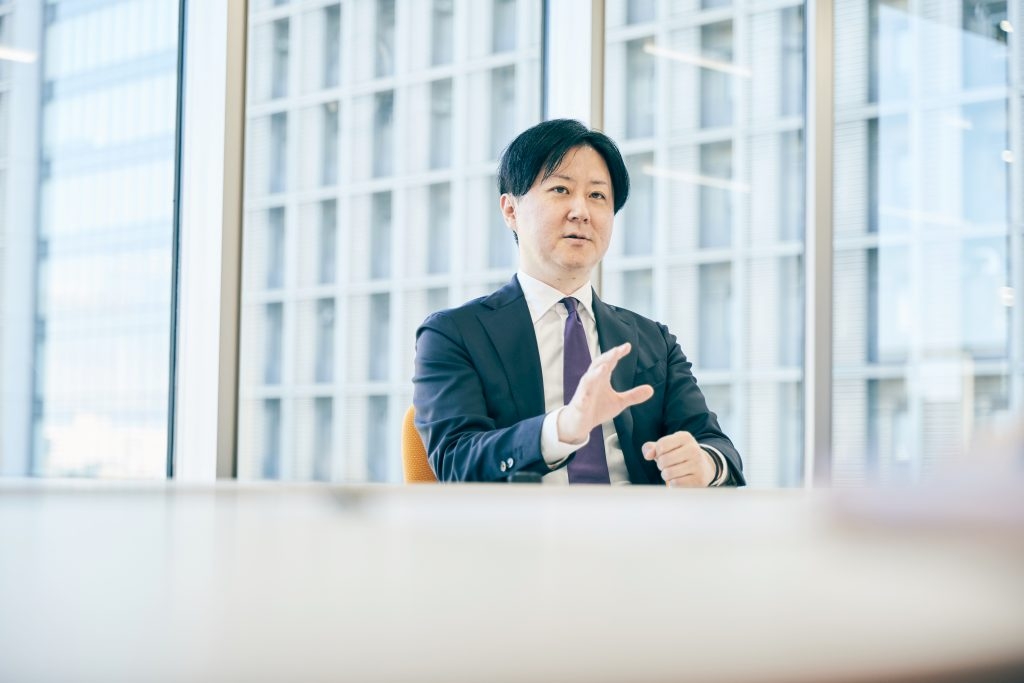It is impossible to talk about today’s society without mentioning AI. AI is already deeply immersed in gaming devices, smartphones, home appliances, automobiles, and other products, and it is spreading to fields such as finance, health, education, and agriculture.
“I think it all boils down to the fact that information and data are becoming the core of industry,” concludes Associate Professor Irie. Mirroring this situation, the field of information and computer technology has become popular because many people are interested in games and smartphones and because professionals who can implement AI in society are in great demand. The course introduced in this article, Information Engineering Laboratory 3, is centered on lab work, which is essential for studying AI at TUS.
Associate Professor Irie describes the aim of the course. “The Department of Information and Computer Technology concentrates on practical studies. Theory is important, of course, but you cannot say you understand something fully unless you actually try doing it yourself. This course is designed for third-year students, so the lab assignments require a fair amount of specialized knowledge. However, this means that the assignments are more transferrable to practical work in society.”

Information Engineering Laboratory 3 consists of four specialized and experimental assignments. Associate Professor Irie is in charge of the pattern recognition assignment.
“Pattern recognition is the technological field that realizes the “eyes” and “ears” of computers in the form of image recognition and speech recognition. It is one of the academic fields that created the third AI wave, which is propelling the explosive advances and growth in AI today.”
One application field for pattern recognition is security, such as fingerprint authentication and face authentication. Pattern recognition is expanding to other fields, such as assessing photos of clouds for weather forecasting and monitoring rising and falling tides from satellite photos. At their core, these technologies are about correctly identifying images, speeches, and other physical phenomena with computers. In the course, students construct simple classifiers. They do not build physical classification devices, but instead write programs to have computers function as classifiers. One past assignment used images of the numbers 0 and 1 written by a large number of people. The students’ task was to have the computer correctly identify either 0 or 1 from the images.

Associate Professor Irie also teaches Pattern Recognition, a classroom-centered theory course. The two courses together allow students to learn the technological fields necessary for AI through both theory and practice. Further AI advances are expected in the future. Which is why it is essential to have a grounding in advanced knowledge and skills to be a professional in this field.
According to Associate Professor Irie, prospective AI professionals need something else as well. “Experiments, by their nature, lack one definitive answer. The poster presentations at the end of the course are problems that generate a 100 different answers from a 100 different people. So what I hope the course provides is an opportunity for students to nurture the values that today’s society prizes, such as originality, creativity, and diversity.”
The Katsushika Campus, where the TUS’s Faculty of Engineering is located, has been designated as an Innovation Campus, and the Department of Information and Computer Technology offers an environment where students can gain experience across disciplines.
As Associate Professor Irie puts it, “The field of information and computer technology is a sellers’ market right now. Which is why I’d like students to think about the path that truly suits them as they engage in their studies.”
The expectations for AI in the area of social innovation will only continue to soar.
■ Main research themes